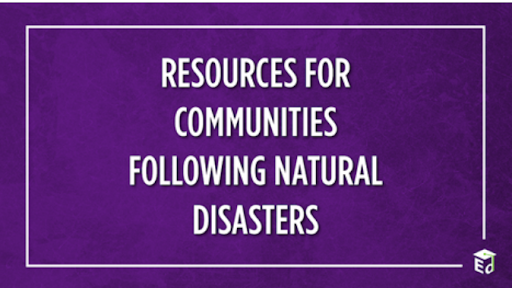Data is one of the most valuable resources in the digital age, and the U.S. Department of Education (ED or the Department) is taking a big step forward in making education data accessible to stakeholders and researchers. ED’s recently published
Open Data Plan is designed to foster greater transparency, empower public engagement, and stimulate innovation.
So, what is open data? Simply put, it’s data that is made publicly available for anyone to use, analyze, and share, without restrictions. It’s about making information accessible to solve problems, spark creativity, and improve decision-making across all sectors of society. Here’s what ED is doing to ensure education data is open to the public.
ED’s Open Data Plan focuses on the improvement of existing open data practices at the Department. The four key actions and related tasks described in the Plan are intended to address any gaps of the Department’s open data practices. The key actions in the Plan are inspired by the FAIR data principles. These guidelines remind data stewards within ED to focus on the findability, accessibility, interoperability, and reusability of our digital assets which enhances the utility and value of education data for the public.
Each key action is supported by related tasks and the approach for how each task will be implemented. Further, each task identifies short-term activities intended to be implemented over a two-year horizon (2025-2027) with measurable benchmarks reviewed at least annually to determine impact and to document completion. With the Department's inaugural Open Data Plan, ED is piloting tasks and benchmarks during these first two years to help identify an improved and more effective path forward. This work will inform improvements, longer-term actions, and a roadmap for future work.
The Open Data Plan is another step toward establishing transparency as the standard across ED, ensuring openness and accessibility are the norm for our data assets. It’s about creating a space where education data is not locked away or released in a manner that benefits only some stakeholders; but shared openly, fueling collaboration, innovation, and trust. One of the main objectives of open data, and ED’s Open Data Plan, is to foster a world where anyone, anywhere, can access the information they need to make informed decisions.
But the Department can’t do this alone. The real power of open data lies in the community that comes together around it. By contributing to the data ecosystem, we each play a part in transforming it into a tool for positive change, including advancing educational goals such as improving student outcomes, expanding education research, fostering educational technology, increasing government transparency, and driving data-informed policy. Together, we can build a future where data empowers us all, fosters greater accountability, and leads to solutions that benefit everyone.


%20-%20dahneshaulis@gmail.com%20-%20Gmail.png)


